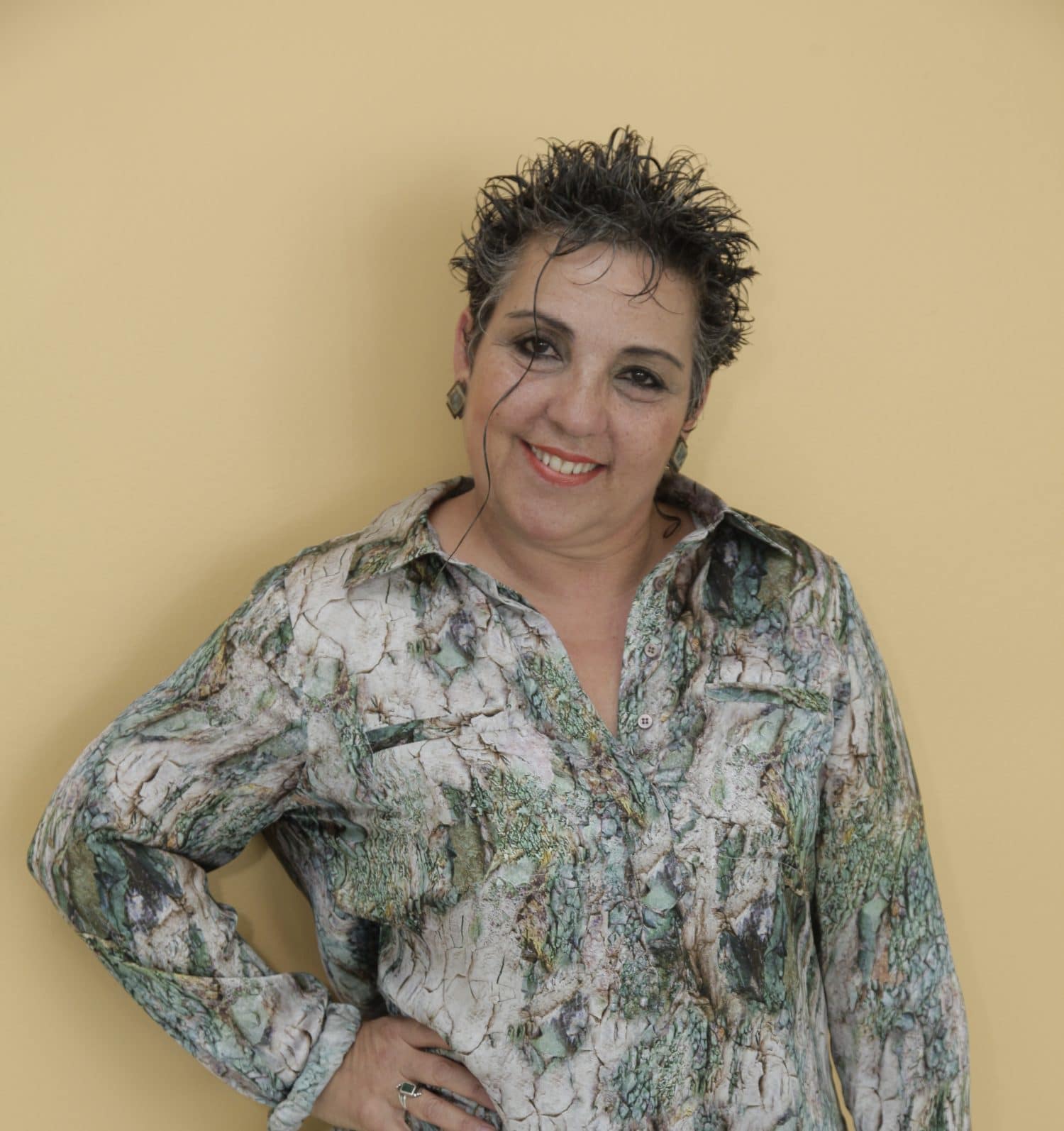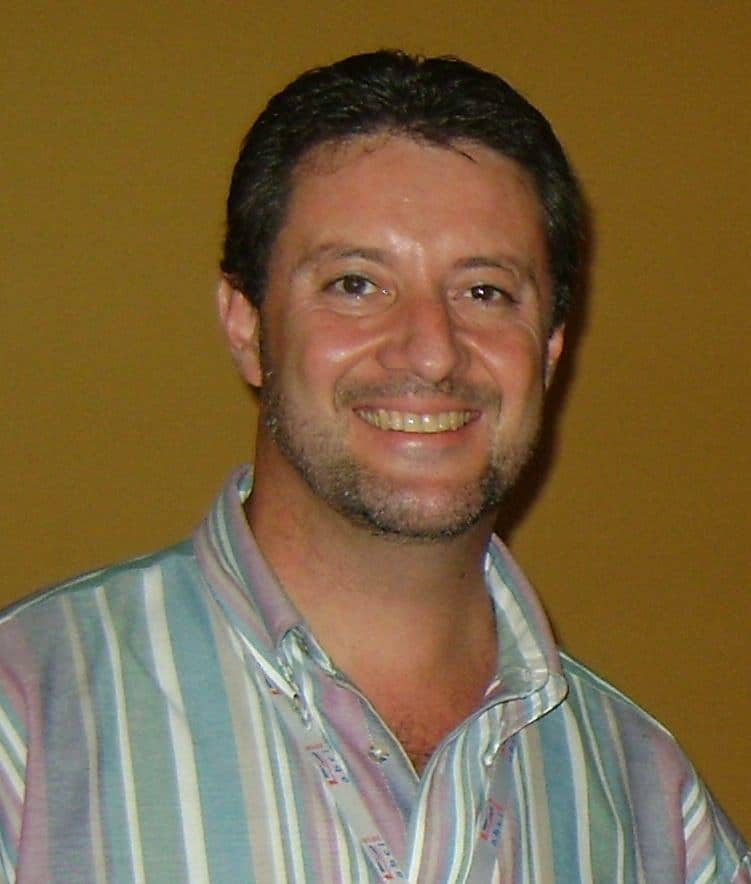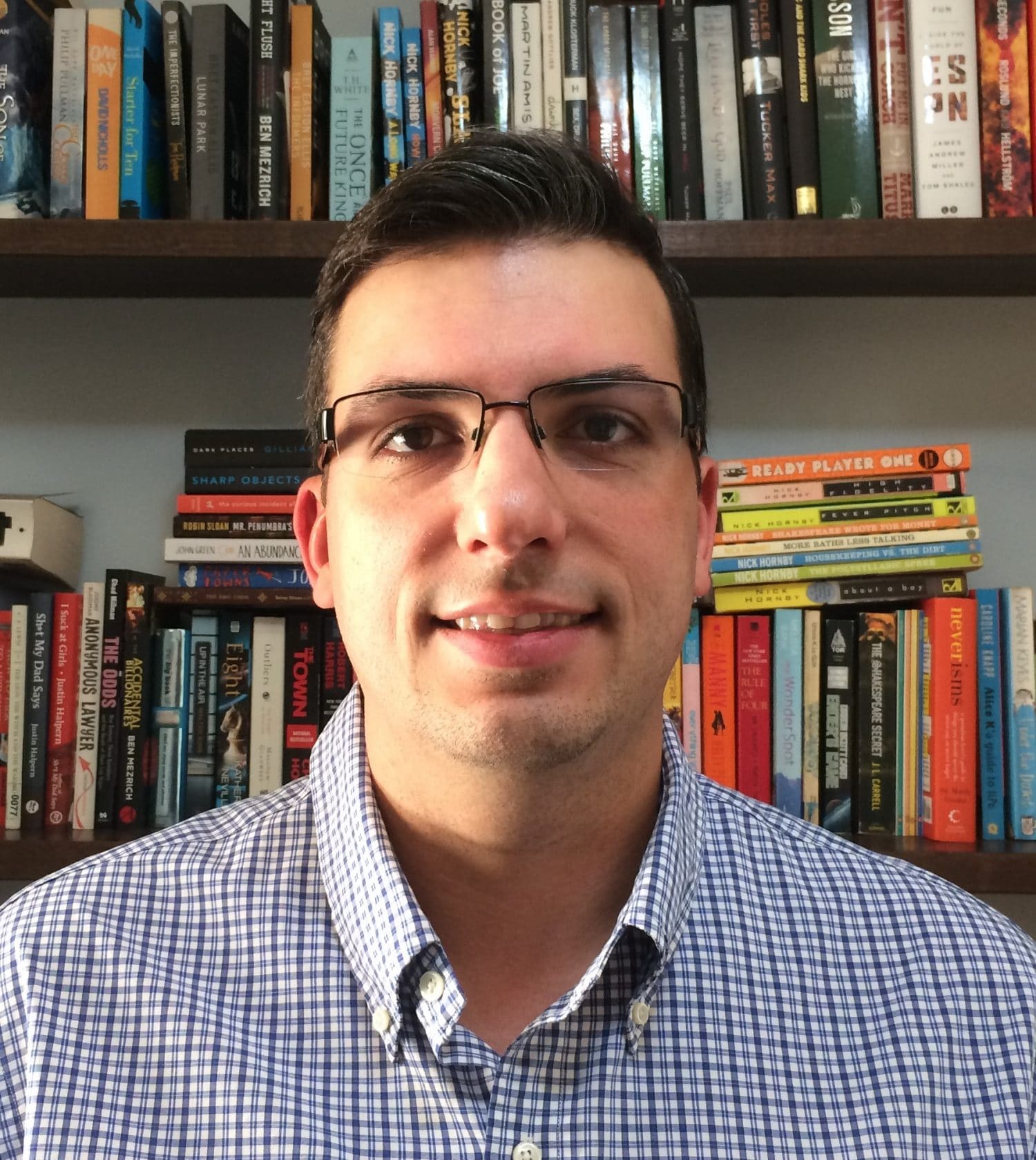The highlights from the First International Conference on the Self in Language Learning (SiLL)
Hi everyone!
This month I’ll share the highlights from SiLL – the First International Conference on the Self in Language Learning, in Adana, Turkey last September (17th -19th, 2015).
Raquel Bambirra (CEFET-MG) and Climene Arruda (FUMEC) joined me in presenting a panel on experiential research as a way to elicit self-related data.
The Organizing Committee invited psychology of language learning researchers as plenary speakers – Hayo Reinders, (Unitec, New Zealand), Jean-Marc Dewaele (University of London, U.K.); Peter MacIntyre (Cape Breton University, Canada) and Sarah Mercer (University of Graz, Austria). Below is a synthesis of what they presented.
Co-author of Benson and Reinders (2011) on the theory and practice of informal language learning and teaching, Reinders began from the argument that mainstream language teaching literature still places language learning as happening only in language classrooms, when it has long been documented that around 80% of adult learning takes place outside formal education (Cross 1981). He presented arguments and data to expand research on Language Beyond the Classroom (LBC) focusing on learner autonomy, learning strategies, study abroad, language support, learners’ voices, computer-mediated communication and mobile-assisted language learning.
Dewaele presented an overview of studies on whether multilinguals feel like different people when they speak different languages. He presented data to illustrate research that investigated feeling different as related to lower levels of proficiency and to the frequency of use of some languages. He also addressed language switch as a shift in cultural frame, with some frames allowing different types of behaviors and opinions, possibly related to the personality of the multilingual. He also discussed the methodological difficulties in this type of research.
MacIntyre addressed the self as a “fascinating” concept at the core of leaner’s affective and cognitive experiences, but also related to the emotional and motivational elements that play a role in the complex processes involved in language learning experiences. MacIntyre discussed that such experience often generates a confirmation bias and sense of over-confidence that can be problematic. His research found that processes that oppose each other, such as self-enhancement versus self-handicapping, can operate the same time. He also discussed the very long list of biases in self-related information processing that have not yet been widely accounted for in self-related theories or research methods within SLA
Mercer addressed some of the key issues and challenges involved in researching the self in SLA. She explained how pedagogical practice led her to believe in the centrality of foreign and second language learners’ sense of self, discussing definitional concerns and reflecting on the nature of different self constructs. She explained the importance of taking multiple perspectives on the self; the connection between definitions of self and paradigmatic stances, and the key challenges in researching the self, especially in terms of self-reports and ethical concerns.
It was a good conference!
References:
CROSS, K. P. Adults as learners: increasing participation and facilitating learning. San Francisco: Jossey-Bass, 1981.
BENSON, P.; REINDERS, H. Beyond the language classroom: the theory and practice of informal language learning and teaching. Basingstoke: Palgrave Macmillan, 2011.





